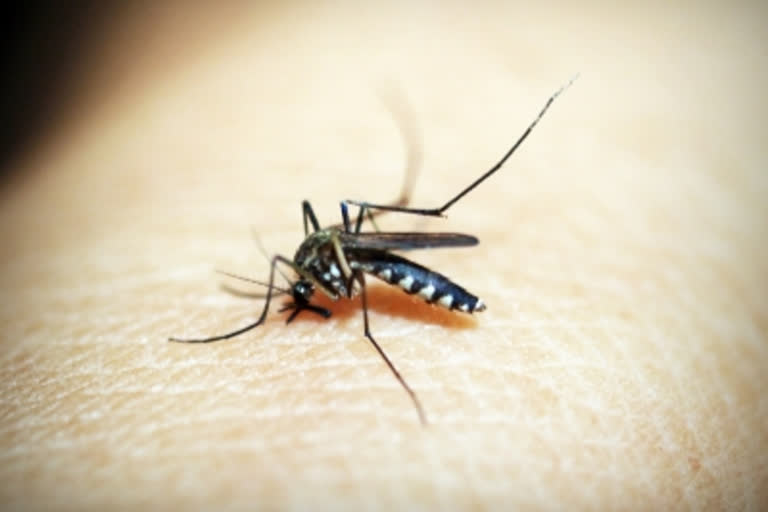New York: New mutations in the malaria parasite that enhance resistance to a drug used to prevent the disease in pregnant women and children are already common in countries fighting the disease, says a new study.
Malaria is caused by parasites (Plasmodium species) that enter the blood when infected mosquitoes feed.
"We need to understand how these mutations work and monitor them as part of malaria surveillance programs," said study co-author Taane Clark from the London School of Hygiene and Tropical Medicine (LSHTM).
Malaria causes about 435,000 deaths each year, primarily in young children in sub-Saharan Africa.
Despite a long-term global response, efforts to control the disease are hampered by the rise of drug-resistant strains of the parasite species that cause malaria.
Sulfadoxine-pyrimethamine (SP), for example, was once a first-line anti-malarial treatment but is now primarily used to prevent infection in pregnant women and children.
Mutations in two genes in the parasite Plasmodium falciparum offer resistance to SP, but recently, mutations related to resistance were discovered in a third gene, pfgch1.
